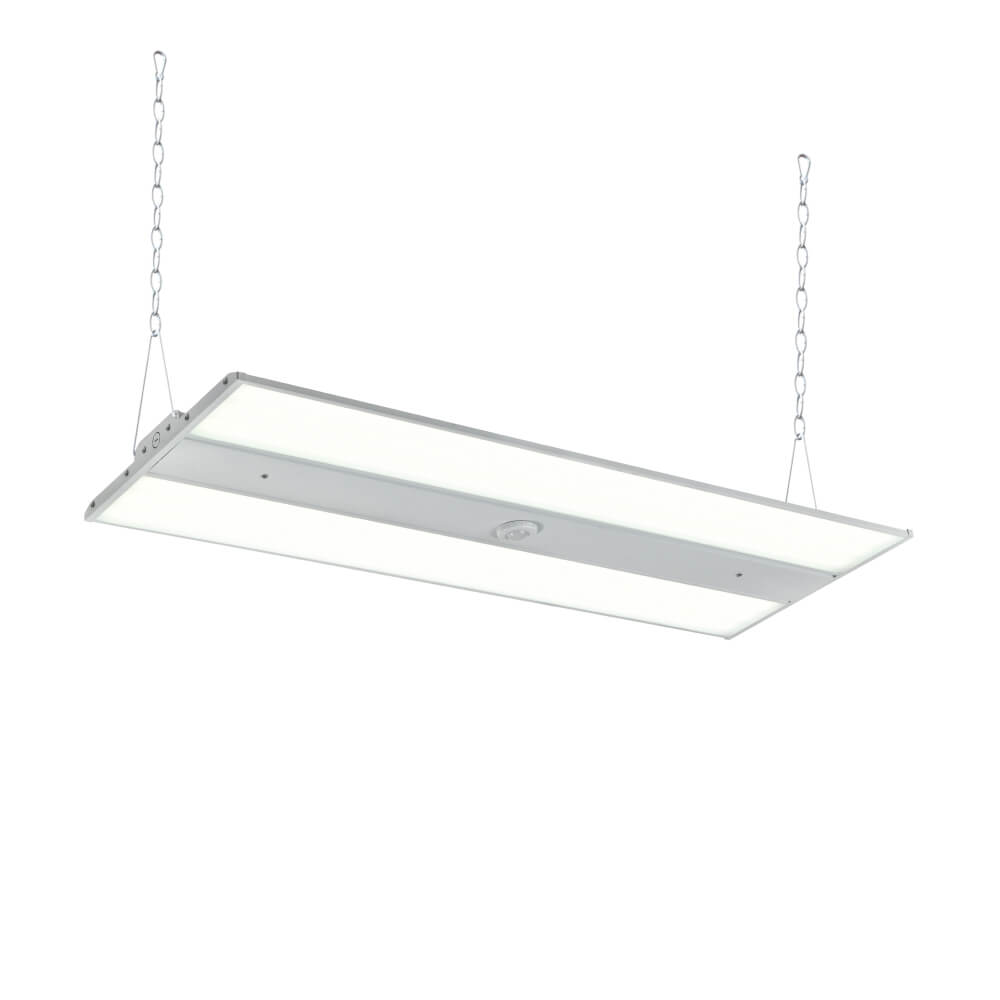The Impact of Smart Sensor LED High Bay Lights on Energy Efficiency in Industrial Automation
Body
In today's rapidly evolving industrial landscape, the integration of technology into lighting solutions has become paramount. One of the most significant advancements is the introduction of smart sensor LED high bay lights for industrial automation. These innovative lighting fixtures not only enhance visibility but also contribute to substantial energy savings and operational efficiency.

Understanding Smart Sensor LED High Bay Lights
Smart sensor LED high bay lights for industrial automation are designed to provide optimal illumination in large spaces such as warehouses, factories, and distribution centers. Equipped with advanced sensors, these lights can detect motion, ambient light levels, and even temperature changes. This capability allows them to adjust their brightness accordingly, ensuring that energy is used only when necessary.
Benefits of Smart Sensor Technology
- Energy Efficiency: By utilizing motion sensors, these lights can turn off when no activity is detected, leading to significant reductions in energy consumption.
- Cost Savings: The decreased energy usage translates into lower electricity bills, making them a cost-effective solution for businesses.
- Extended Lifespan: LED technology inherently has a longer lifespan compared to traditional lighting, and when combined with smart sensors, the operational life is further extended.
- Enhanced Safety: Improved lighting conditions contribute to a safer working environment, reducing the risk of accidents.
Applications in Industrial Automation
In the realm of industrial automation, the application of smart sensor LED high bay lights for industrial automation is vast. They are particularly effective in:
- Warehouses: Ensuring that aisles and storage areas are well-lit only when needed.
- Manufacturing Facilities: Providing consistent lighting that adapts to the workflow and machinery operation.
- Distribution Centers: Enhancing visibility during peak operational hours while conserving energy during off-peak times.
Choosing the Right Smart Sensor LED High Bay Lights
When selecting smart sensor LED high bay lights for industrial automation, consider factors such as the size of the space, the height of the ceilings, and the specific lighting needs of your operations. It is advisable to consult with lighting professionals to ensure that you choose the most suitable fixtures for your facility.
For those interested in exploring high-quality options, visit  to discover a range of smart sensor LED high bay lights designed for optimal performance.
to discover a range of smart sensor LED high bay lights designed for optimal performance.
Conclusion
The adoption of smart sensor LED high bay lights for industrial automation is not merely a trend; it is a strategic move towards greater energy efficiency and cost-effectiveness. As industries continue to embrace automation, the importance of intelligent lighting solutions will only grow. By investing in these advanced lighting systems, businesses can enhance their operational efficiency while contributing to a more sustainable future.









Comments